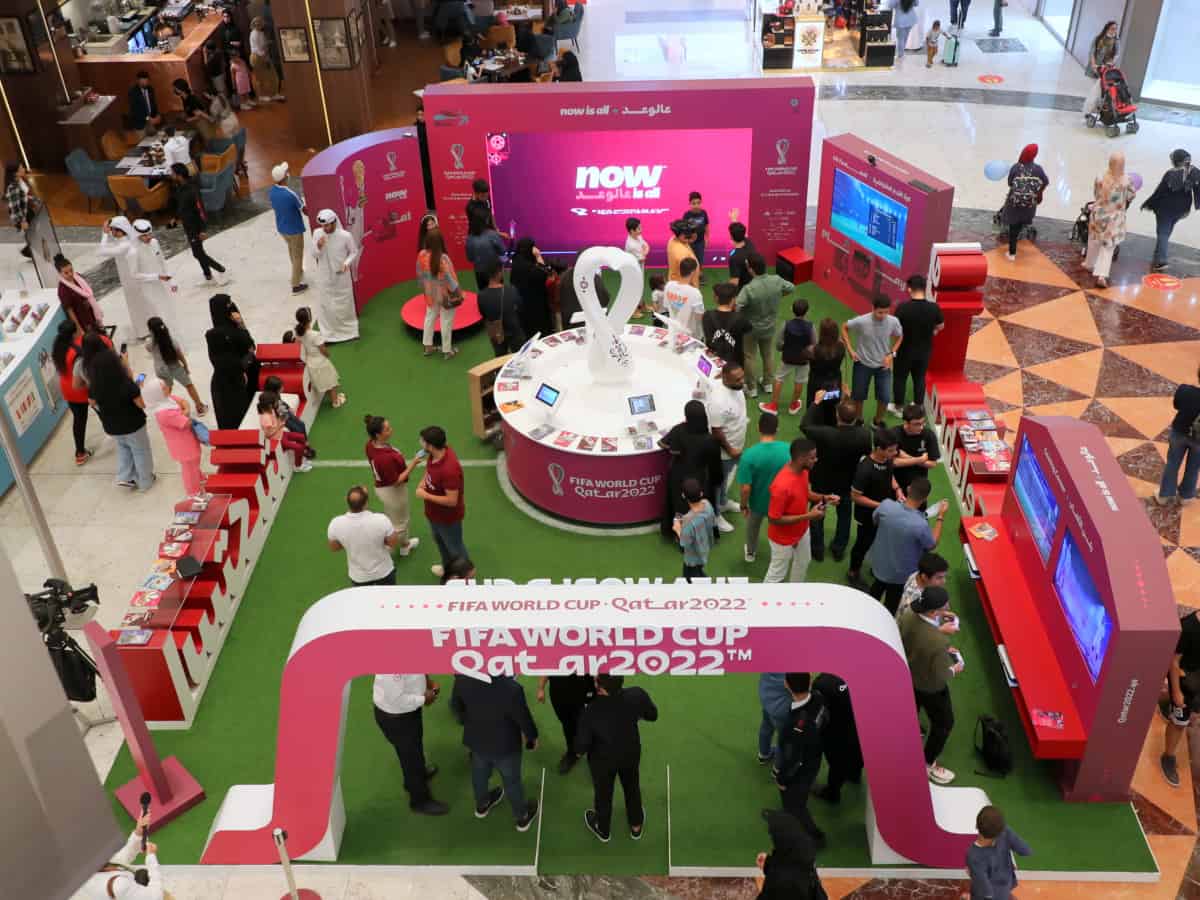Dubai, UAE — The Middle East is becoming the world’s fastest-growing sports tourism destination valued at an estimated $600 billion, according to the World Trade Organization.
Major events such as Qatar World Cup 2022, Formula 1 Abu Dhabi Grand Prix, etc. will give Gulf tourism a boost in the last quarter of this year.
Amongst the GCC countries, the UAE, Saudi Arabia, and Qatar will see the majority arrival of travelers mainly from Asia, Europe, the Americas, Africa, and the UK.
According to Musafir.com, a leading online travel agency headquartered in the UAE, the UAE topped the list as the preferred destination by travelers due to its proximity to major sporting events as well as family-oriented activities, personal safety and societal security, room availability, varied retail experiences, adventure sports and leisure, and seamless connectivity.
The report added that due to seamless connectivity, the UAE can expect inbound flights to soar up to 20 percent as compared to same time last year.
Furthermore, apart from attending sporting events, fans will want to explore ‘thrill-seeking’ activities as an add-on for a comprehensive travel experience encapsulating all that the country has to offer. Camping and outdoor activities will also see an increase in Q4 of 2022 due to the pleasant weather.
Findings showed also that due to hotels in Qatar being booked to full capacity during the 2022 FIFA World Cup, hotels in the UAE will see up to 40 percent rise in demand for accommodation and price inflation.
In the lead-up to the event, Musafir.com has seen approximately 80 percent growth in advance booking between Dubai and Doha. This number will significantly increase even further by the end of 2022.
The report also revealed an average spend by travelers would be approximately $5000 for a hotel stay, transport, shopping and to explore the city. The report also highlights that most of the hotel occupancy in the UAE will touch 100 percent during Q4 2022 with tourists looking for 5-star and 4-star hotels.
Sports impact on the region’s economy
Sports events act as a catalyst and can have a tremendous impact on the economy as it gathers millions of fans to not only watch their favorite sport but also to have an unforgettable experience during their stay in the region.
The report revealed that sporting events will augment the tourism and hospitality economy up to 30 percent in the region with expectations of an exponential growth in the tourism sector, due to the increasing number of tourists in Q4 of 2022.
Hosting sports events has been a new trend in the region in recent years, and according to PwC research, this sector shows promise to grow by 8.7 percent in the next three to five years. The industry is set to grow the fastest in the region compared to 50 countries across the world.
From Formula One races in Saudi Arabia, Bahrain and Abu Dhabi to tennis tournaments in Dubai and international golf events in Abu Dhabi, the region is now heavily invested in sports. Strong government support and growing commercial maturity are also helping to raise the Gulf’s profile in the sporting world, according to PwC Middle East’s Sports Survey.
The jump into sports comes as the governments in the region have been active in efforts to diversify their economies with ambitious plans for the sports industry away from natural resources and to create social cohesion.
GCC countries including Saudi Arabia and the UAE for example, have spent more than $65bn on sports development, PwC said.
Its survey revealed that in terms of the rebuilding process after the pandemic, 63 percent of Middle East respondents expect the sports market overall to fully recover by 2022, which is far more optimistic than the global respondents of 42 percent.
However, the survey suggests the sports sector in the Middle East should prioritize its concrete initiatives to accelerate change and that the future of the sector has three key enablers in the years ahead.
These are digital transformation and the creation of digital assets, the growth of esports and ability of sports federations to capitalize on their popularity, and the transformational power of women’s sports within society.

